Education…
I gave my newsletter subscribers a little spiel about the importance of education this month, so I thought I’d elaborate on it a bit more. While most of us might recognize the importance of both formal and informal education, I haven’t used education as a major theme in my novels, or educators, for that matter.
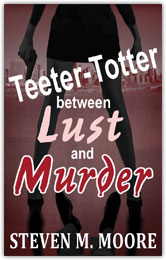
Sure, Detective Castilblanco takes his Buddhist lessons from his mentor, and STEM student Kayla Jones has an early school friend in Billy, but my novels don’t take place in a classroom. Gail, one main character in Time Traveler’s Guide through the Multiverse, and her new lab assistant, Jeff, who’s the other, work at a small college outside Philly, but I only use that setting at the beginning of the novel to joke around a bit about weird professors (I once was one). Using only my stories, you might conclude I don’t value formal education very much (I do).
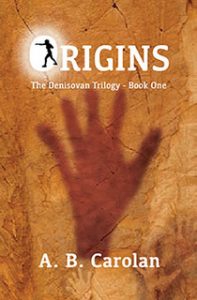
I think education is important, formal or otherwise. I would have discovered books without it (I basically did, and I certainly read some that wouldn’t have met the approval of my teachers). Yet I probably wouldn’t have had a decent day-job without my formal education. Now it allows me to write my stories without worrying very much about the financial aspects of publishing.
My father, an excellent artist who was also a gruff old fellow with a heart of gold, often said, “Children should be seen, not heard.” The same can be said about education. I don’t mean we should take it for granted, far from it. Rather, it’s such a basic necessity and right that we shouldn’t have to think about it very much. It’s like air: We need it and should maintain its quality, but we generally don’t think about air with every breath we take—that’s automatic. I don’t discuss air in my books much (except for a few scenes in More than Human: The Mensa Contagion), and I don’t discuss education that much either.
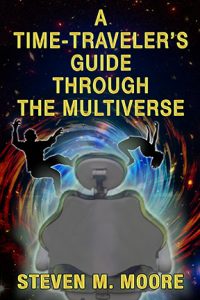
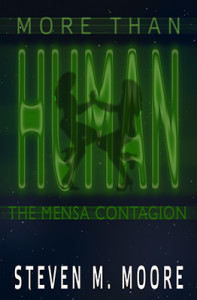
Yet there’s a subtle sidebar here: My novels often treat profound and serious themes (even a sci-fi rom-com like Time Traveler’s Guide) that they can be considered educational because of those themes. You might say they educate by example. Or, by simply exposing readers to issues they might not otherwise think about. I know some readers don’t like that. All I can say to them is that there’s plenty of fluffy, formulaic novels out there to keep them happy.
We can learn from reading books, fiction included. Maybe books where that can be done aren’t bestsellers or become blockbuster movies, but I can’t lower myself to write simple novels. Or read them, for that matter. I need to continue learning about life and this world and others, a continuing education about the human (or ET) experience. I find this informal process, reading fiction, an important part of my education. I hope you do too.
***
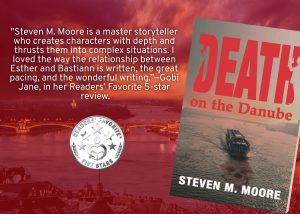
Comments are always welcome.
Two more “Esther Brookstone” novels. Did you miss them? Maybe you thought Esther’s adventures ended with the story of her honeymoon with Bastiann, Death on the Danube? No, there are more adventures involving crimes back in merry old England after the couple returns home. In #4, Palettes, Patriots, and Prats, they befriend an American artist, only to find there’s a lot more to her troubles than expected. In #5, Leonardo and the Quantum Code, everyone wants to steal new algorithms for quantum computers based on ideas of Leonardo Da Vinci. If you love the idea of 21st versions of Miss Marple (Esther) and Hercule Poirot (Bastiann), don’t miss any of the books in this series.
Around the world and to the stars! In libris libertas!
